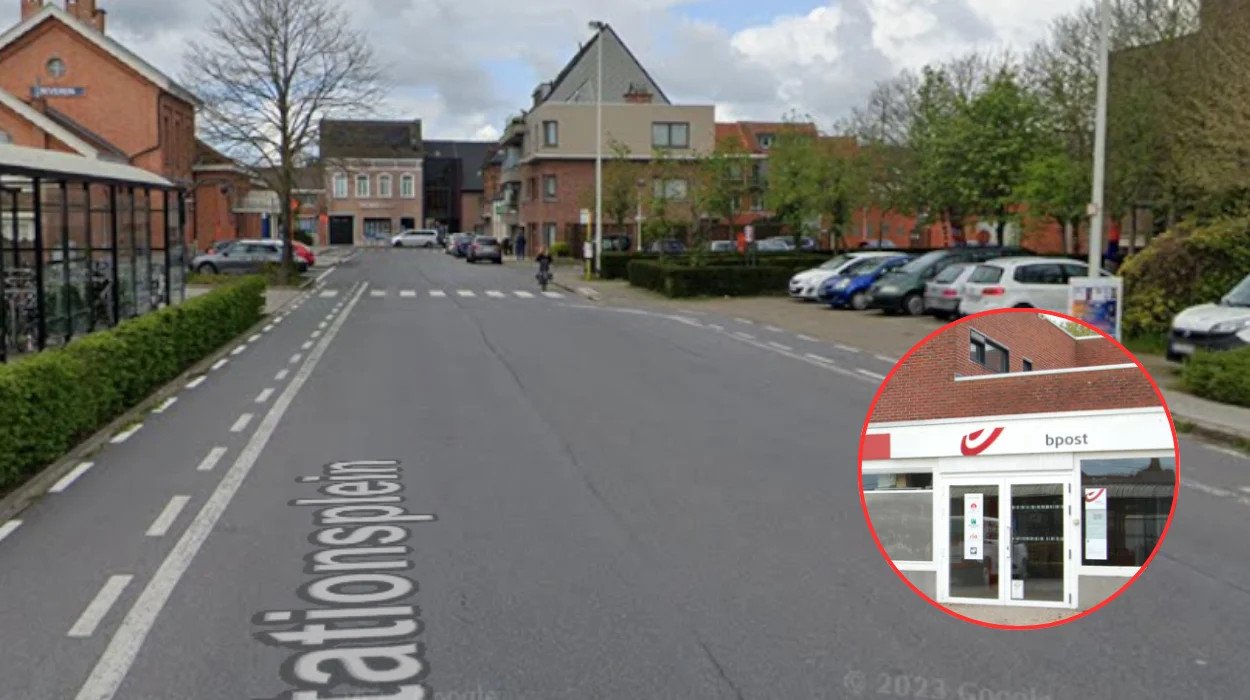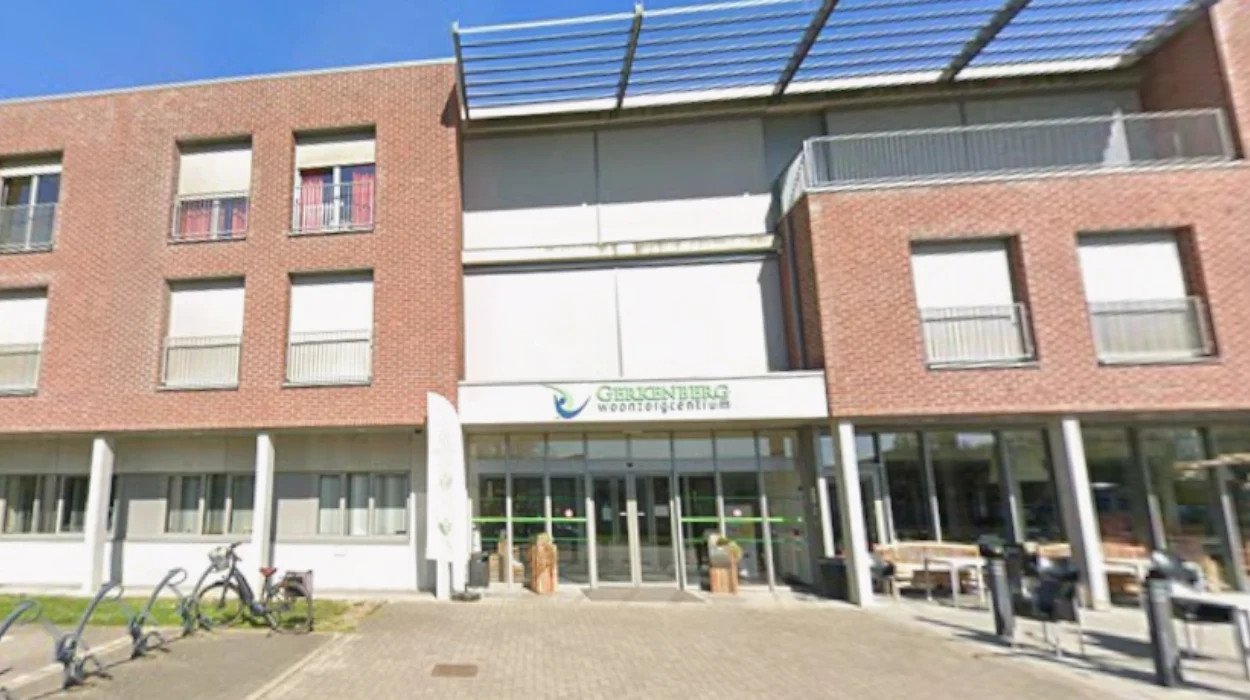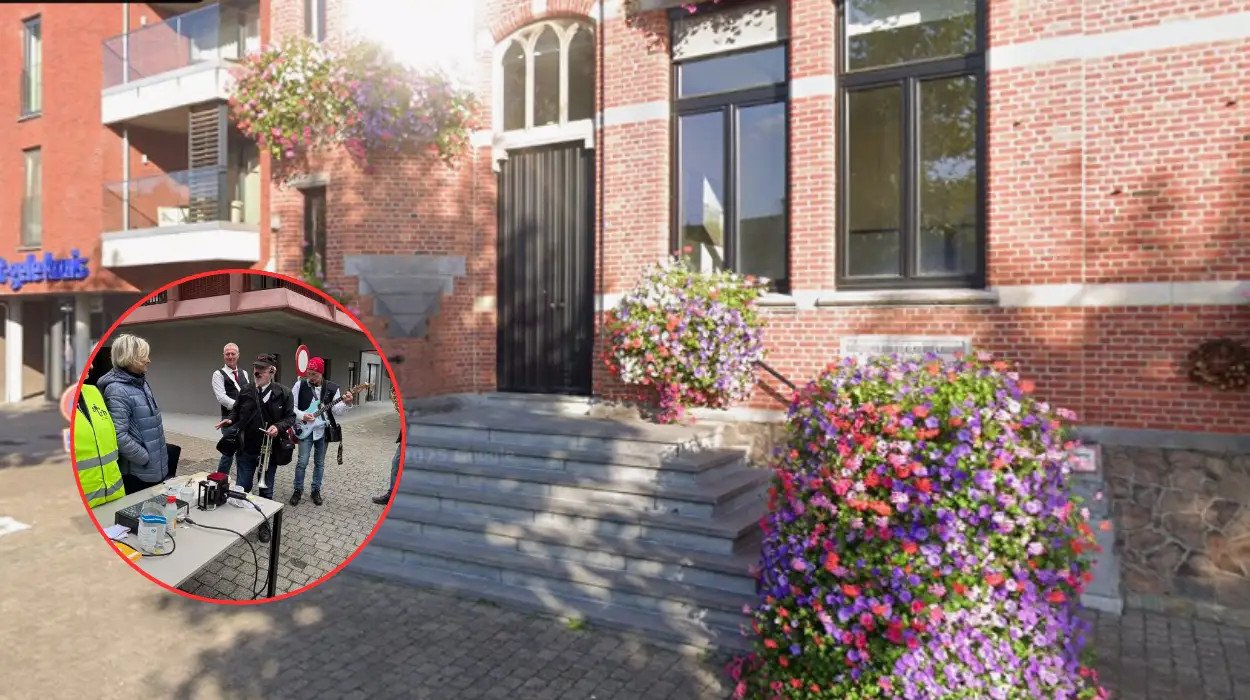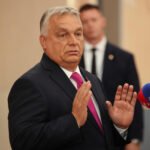Berlin – German Chancellor Friedrich Merz stated on Wednesday that recent Russian incursions into Polish and Romanian airspace exemplify a broader strategy of boundary-testing and sabotage orchestrated by President Vladimir Putin, reports 24brussels.
Merz addressed the Bundestag, emphasizing that Russia’s actions aim to “insidiously destabilise our free societies.” He asserted that any peace agreement regarding the ongoing conflict in Ukraine cannot compromise Ukraine’s political independence and territorial integrity. “A dictated peace, a peace without freedom, would encourage Putin to seek his next target,” he warned.
This latest incident involved Poland deploying fighter jets to intercept and down Russian drones that breached its airspace. Authorities reported that around a dozen drones were involved, leading to the temporary closure of Warsaw’s airport. Dutch F-35 fighters assisted Polish forces in responding to the airspace violation, which occurred shortly before dawn.
German Patriot air defense systems and an Italian surveillance aircraft also contributed to neutralizing the threat, according to NATO Secretary General Mark Rutte. While there were no reported injuries, debris from one downed drone damaged a residential building in Wyryki-Wola, a village in eastern Poland near the borders with Ukraine and Belarus.
The Russian defense ministry claimed that no specific targets were designated for destruction in Poland, although it refrained from addressing whether its drones had infiltrated Polish airspace. Conversely, Belarusian officials contended that the drones had simply gone off course.
How did Russian drones violate Polish and Romanian airspace?
The incursions prompted immediate condemnation from European leaders, who largely attributed responsibility to Putin for what appears to be a test of NATO’s resolve. Merz highlighted the incident as a clear indication of the urgent need to enhance NATO’s air defense capabilities across Europe, stating, “European air defense, NATO air defense, worked, but of course not as well as it should have.” He emphasized that improvements are necessary to prevent a significant influx of drones into EU member states.
Merz noted that this event would instigate discussions within NATO and the European Union regarding defense readiness. “We are and will remain determined to significantly increase the defense readiness and defense capabilities of the European part of NATO,” he stated. The emphasis on heightened air defense measures underscores the increasing tensions in Eastern Europe and the ongoing challenges posed by Russian military operations in the region.










